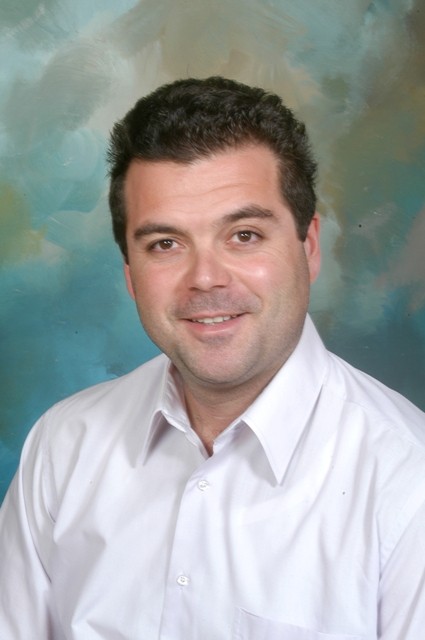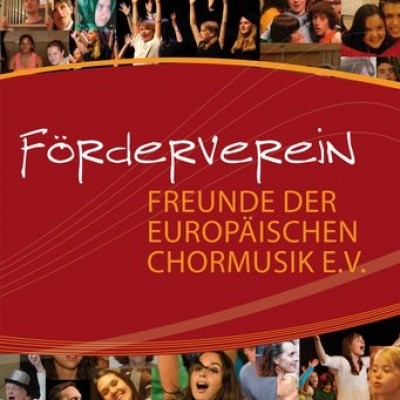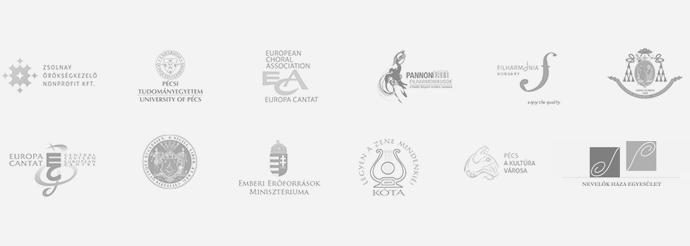The two conductors leading this atelier will work in partnership: they will equally share the workshop, choosing, teaching and conducting half the repertoire each, and helping each other wherever possible and needed.
DESCRIPTION from Achilleas G. Chaldaeakes
Byzantine Music is the traditional ecclesiastical music of Greek Orthodox Church; nowadays, you can listen to this kind of music in every church all over Greece. But it is not only a Greek music; you can also listen to the same music in all Orthodox churches all over the world. That is why Byzantine Music, not only during the last years but many years (even centuries) ago, is adapted into lots of other languages. So you can listen to the sound, the specific sound, of Byzantine Music not only in the Balkans (i.e. in Albania, Serbia, Romania, Bulgaria, even in Russia), but also in Europe (in German, French, Finnish and – of course – English); you can listen to Byzantine Music even in the Arabic World (it is in fact extremely interesting to listen how Byzantine Music sounds through the Arabic language).
One can speak for hours about the tradition, the history, the theory, the technique, the specific musicological rules and the details about the signs and the intervals and the melody of Byzantine Music; because Byzantine Music is the modal and monophonic Greek music. It extends over two millennia, from the first century of Christianity’s expansion up to the present day. Since the mid-tenth century Byzantine Music has been exclusively transmitted by means of a complete and self-contained notation system stemming from the Greek alphabet. We know and study it through approximately seven thousand musical manuscripts, containing the creations of more than a thousand Byzantine and post-Byzantine composers.
During the atelier, however, I will care just about the sound of Byzantine Music; and what that sound is. I usually say that the sound of Byzantine Music is a similar one to “the voice of a soft breeze”, as it is characteristically written to a well-known Old Testament scene. So in such a workshop one could explore that sound, a sound of a heart full of love, the sound of a sensitive soul; a clear, soft and smooth sound, which can deliver us to another emotional world, full of beautiful and real feelings.
For real performers of Byzantine Music anyone of their listeners is special; we care about every one of you; that is why we try to give you all these feelings, to give you our souls, to pass on to you the real sound of Byzantine Music; and this is the reason why – as time goes by – Byzantine Music becomes more and more popular all over the world; because it is something unique, something full of the truth of life, something emotional, a music which can touch the soul of everybody and drive them into another beautiful world.
Under such thoughts, I am going to organize and teach (with my colleague Predrag DJOKOVIĆ) in this atelier, where I will also use musical material from the rich Greek Folk Tradition; I have no doubts that the audience of Europa Cantat XIX Pécs 2015 shall let themselves free to imagine the sense of Byzantine Music, the sense of all feelings hidden in that music itself and travel to its sensitive world and realize the special dialogue, which is held between performers and listeners, a dialogue through feelings, a dialogue where the speakers are the hearts and the souls of both.
DESCRIPTION from Predrag Djoković
For those who would like to discover the divine simplicity of the Orthodox Church plainchant, the Atelier for Byzantine and Serbian medieval music would be the right choice. The Orthodox plainchant could be sung in several ways, from a solo chanting to the antiphonal singing of the male and female choirs. The Church Slavonic language, which is still in use in the Orthodox Church services, will be the language in which the songs will be sung. The participants of this atelier will be introduced to the medieval composers' attempts to draw the church melodies closer to the angelic singing, delivering the music from passion, shouting and many other elements from the secular music domain. The Serbian repertoire comprises some 15th-century songs, as well as some 18th-century songs, which originate from the Serbian monastery Hilandar on the Mount Athos. The unison singing which will be presented in the Byzantium and Serbian Spiritual Music Atelier will give an opportunity to the participants to sing as one – a manner difficult to achieve in polyphony, yet necessary when performing sacred music.
The 15th to 18th century Serbian Orthodox Church repertoire will be sung in Church Slavonic. The aesthetic aspects of the sacred music of the period will be covered, with a particular attention to the plainchant.
REPERTOIRE (for Greek medieval liturgic music) - a list of pieces (not final yet!) from which the final repertoire of the atelier will be chosen
Ti ipermacho, mode 8th
- Hymns from the Vespers service
Phos ilaron, mode 2nd
Tis Theos, mode 3rd
- Hymns from the Matins service
The great Doxology, mode 1st
- Hymns from the divine Liturgy
Axion Estin, mode 5th, composed by Jakob Nafpliotis
Kalophonic Heirmos, mode 8th , composed by Athanasios Patriarch of Constantinople
Kratima, mode 1st , composed by Parthenios the monk from Meteora monastery
- Greek Folk Songs
Stopa kai sto ksanaleo [I’ve said it you and I’m saying it again…]
Milo mou kokkino [My red apple..]
Proti arxi tou erotos [The beginning of the love…]
REPERTOIRE (for Serbian medieval liturgic music) - a list of pieces (not final yet!) from which the final repertoire of the atelier will be chosen
- СВЕТИ БОЖЕ (SVETI BOŽE) – The Trisagion
- ПОЛИЕЛЕОС СЕРВИКОС (POLIELEOS SERVIKOS) – Serbian Polyeleos
- ВКУСИТЕ И ВИДИТЕ (VKUSITE I VIDITE) – O Taste and See
- АЛЛИЛУИА (ALLILUIA) – Alleluia
- НИЊА СИЛИ (NINIA SILI) – Now the Celestial Powers
- ПРИИДЕТЕ ВСИ ЗЕМЛНОРОДНИ (PRIDETE VSI ZEMALNORODNI) – O Come All Ye Sons of Earth
- КРСТУ ТВОЈЕМУ (KRSTU TVOIEMU) – We Venerate Thy Cross
- СЛОВЕС ТВОЈИХ УЧЕНИЈЕМ (SLOVES TVOJIH UČENIEM) – With the Words of Thy Teaching
- ЗАПАДЊАЈА ВСЈА РАДУЈТЕСЈА (ZAPADNAJA VSJA RADUITESA) – Reyoice All Ye Western Lands
- ЖЕНИ МИРОНОСИЦИ (ŽENI MIRONOSICI) – The Myrrh-bearing Women
VIDEOS/SOUNDS CONNECTED TO THE ATELIER TOPIC
Links to Greek medieval liturgic music:
- Masters of Psaltic Art:
http://www.youtube.com/playlist?list=PLB65889676CC3D40E&feature=mh_lolz
- Byzantine and Folk Greek music:
http://www.youtube.com/playlist?list=PL220DA1CBC56C814C]
Links to Serbian medieval liturgic music:
- https://www.youtube.com/watch?v=VD1QkJNrkL8
- https://www.youtube.com/watch?v=BrHKwCsJpN8
- https://www.youtube.com/watch?v=hPwYItioQ3s
- https://www.youtube.com/watch?v=EEueSZk_g6k&list=PL057ECF29897CB6A8
- https://www.youtube.com/watch?v=4VfncFTVFI8
- https://www.youtube.com/watch?v=Z-60RDCe8MY
"If you would like to explore the sound of Byzantine Music, the sound of a sensitive soul; a clear, soft and smooth sound, which can deliver us in another emotional world, full of nice and real feelings… you should definitely join this atelier."
/Achilleas G. CHALDAEAKES/
"The 15th to 18th century Serbian Orthodox Church repertoire will be sung in Church Slavonic. The aesthetic aspects of the sacred music of the period will be covered, with a particular attention to the plainchant."
/Predrag DJOKOVIĆ/







